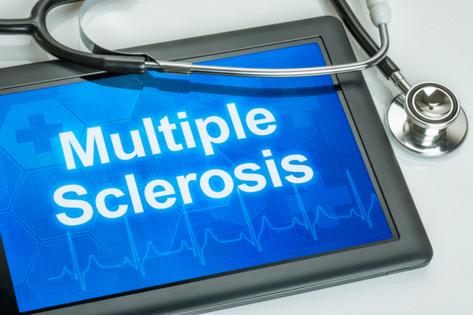On Nutrition: The battle against MS
Published in Nutrition
We just returned from a reunion in Idaho with some of my closest cousins and their families. One especially poignant visit was with my cousin who is fighting a rare form of multiple sclerosis called “progressive MS.” In spite of it all, she remains as beautiful and spunky as she was in our younger years.
While there is currently no cure for this devastating disease, researchers continue to discover clues to give us a better understanding of how MS happens and how best to treat it.
MS is “an unpredictable disease of the central nervous system,” according to the National Multiple Sclerosis Society (nationalmssociety.org). It is characterized by inflammation and damage to myelin, the insulating layer around nerves, including the those in the brain and spinal cord.
What exactly causes this inflammation is not known for certain. Researchers believe it arises from a mix of factors, including genetic makeup (what we inherit from our parents) and where we live geographically.
For example, MS is more common in areas that receive less sunshine throughout the year. In fact, there is growing evidence that a low level of vitamin D — the “sunshine vitamin” — is a risk factor for developing MS. One theory is that vitamin D, which our skin can produce when exposed to sunlight, may support the body’s defense against MS.
Light exposure and/or vitamin D supplements are now part of the recommended therapies that may increase an MS sufferer’s quality of life. Yet a cure for this disease is still elusive.
Another area of interest is vitamin B12, since a deficiency of this nutrient can mimic some of the symptoms of MS, such as numbness, tingling and muscle weakness. We need adequate vitamin B12 in our diets — found primarily in animal-based foods like eggs, milk, meat, fish and poultry — to protect and maintain a healthy nervous system.
People on restricted diets such as vegan (no animal foods) are at risk of not getting enough vitamin B12. And those of us over the age of 65 are also at risk since this vitamin is not as well absorbed in older folks. Supplements, such as what you find in most multivitamins, can help.
While a deficiency of vitamin B12 is fairly easy to correct, MS is an entirely different problem. That’s why it’s so important to get the right diagnosis from a medical expert.
Problems can occur, however, if a person with MS also has a deficient intake of vitamin B12 since this can make symptoms worse. A simple blood test can diagnose a B12 deficiency.
I witnessed so much love and care toward my cousin from her husband, siblings and children during our visit. We came away thankful to have reconnected with these family members and with immense respect for my cousin who battles this disease daily.
©2025 MediaNews Group, Inc. Distributed by Tribune Content Agency, LLC.










Comments